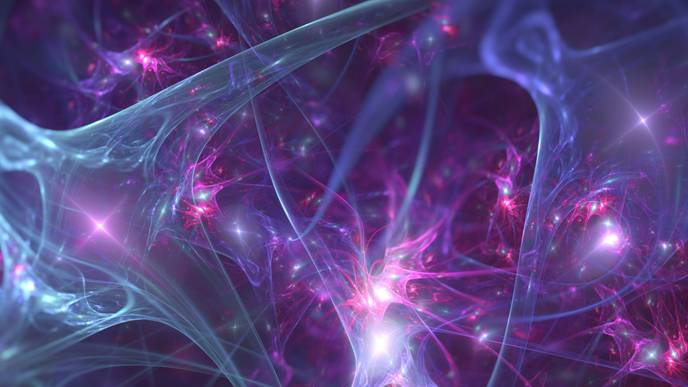
It can be a relief to scratch the occasional itch, but when itch gets out of control, it can become a serious health problem. How does the body know when to stop?
Scientists at UC San Francisco are getting close to an answer. In a breakthrough that could transform how doctors treat conditions from eczema to allergies, they have discovered a feedback loop centered on a single immune protein called IL-31 that both causes the urge to itch and dials back nearby inflammation.
The findings, published on October 13th in Science Immunology, lay the groundwork for a new generation of drugs that interact more intelligently with the body’s innate ability to self-regulate.
Previous approaches suggested that IL-31 signals itch and promotes skin inflammation...
Read More







Recent Comments